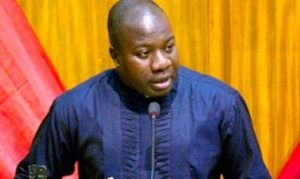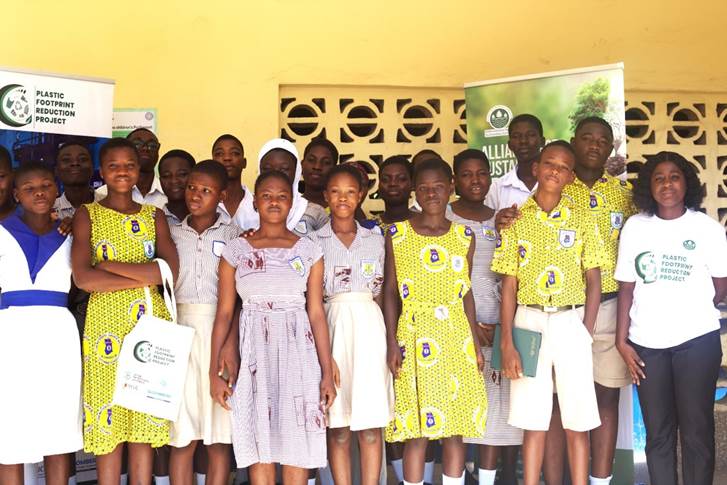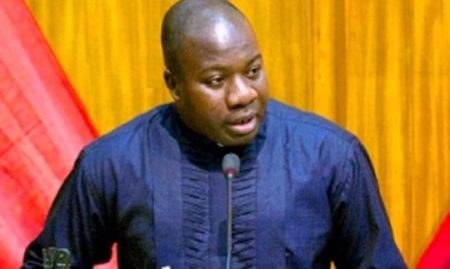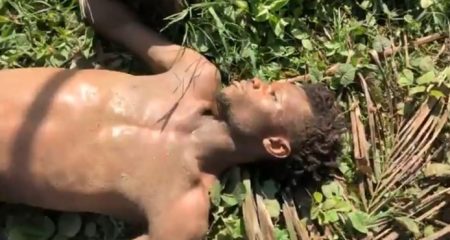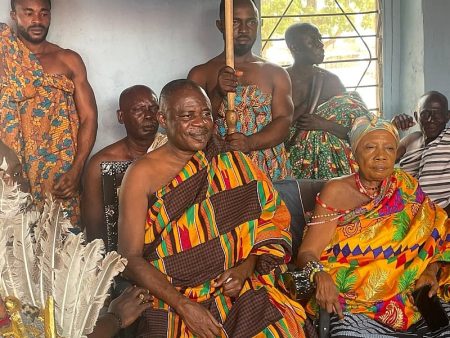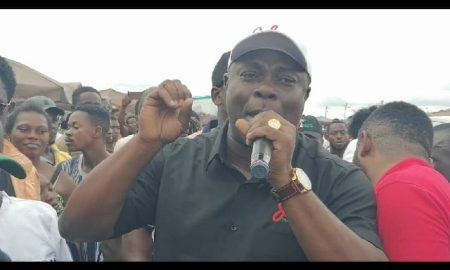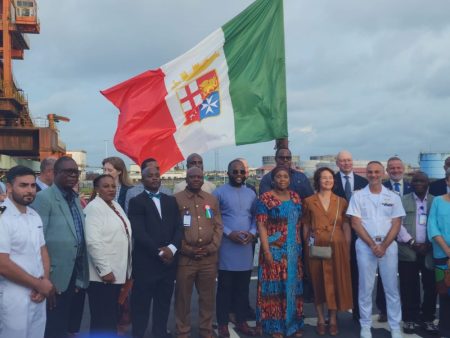The Plastic Footprint Reduction Project (PFRP) has taken a significant step towards combating plastic pollution through a two-day workshop aimed at nurturing sustainability leadership among youth in Accra. Held on October 23 and 24, 2024, at John Wesley Methodist Basic School, this initiative brought together over 20 student leaders from three local schools: Richard Akwei Memorial Basic School, Amamomo 1&2 JHS, and John Wesley Methodist Basic School. Supported by Bloomberg Philanthropies and the Accra Climate Action Fund, this project seeks to empower young individuals to become agents of change in their communities, focusing on the urgent need to address the plastic waste crisis prevalent in the Accra Metropolitan Area.
The first day of the workshop was centered on building a robust understanding of sustainability and environmental stewardship among participants. Through engaging sessions, students explored the pervasive issue of plastic pollution, recognizing its multifaceted impacts on both local and global scales. They learned about the detrimental effects of plastic waste on drainage systems, ecosystems, and public health, emphasizing the urgency of proactive measures in the context of climate change. Additionally, the workshop introduced the foundational 5 R’s of Recycling — Refuse, Reduce, Reuse, Repair, and Recycle — which serve as guiding principles for implementing sustainable practices in their everyday lives and within their schools.
On the second day, the focus shifted to practical application, where the sustainability club leaders engaged in action planning and goal-setting. They developed campaigns aimed at reducing single-use plastics within their educational institutions. Participants were guided on how to create SMART (Specific, Measurable, Achievable, Relevant, Time-bound) goals, ensuring clarity and effectiveness in their planned initiatives. Collaborative brainstorming sessions resulted in innovative ideas like “Plastic-Free Weeks” and strategies to encourage the utilization of reusable bags and bottles, reflecting a commitment to reducing plastic consumption in their schools.
The culmination of the workshop saw student leaders presenting their team action plans, fostering a collaborative spirit and building enthusiasm for the initiatives they had designed. This exercise was not only about accountability but also instilled a sense of ownership among participants regarding their proposed projects. Furthermore, non-financial tools such as organizing school assemblies, classroom educational visits, and creating awareness-raising posters were introduced, equipping the student leaders with creative yet cost-effective methods to spread sustainability awareness throughout their schools.
The Plastic Footprint Reduction Project emphasizes the vital role of youth-led initiatives in addressing environmental challenges. By empowering young leaders to instigate change, the project aims to generate a ripple effect that encourages sustainable behaviors well beyond their schools and into their homes and communities. As emphasized by Andrews Aibi Junior, the Lead Convenor for the Alliance for Sustainability Education (ASEc) and the lead facilitator of the workshop, the goal is to mold these student leaders into role models and advocates for sustainability, inspiring their peers to join the cause.
Through practical education and dedicated leadership training, the Plastic Footprint Reduction Project is fostering a new generation of environmental stewards in Accra. By equipping youth with the knowledge and tools necessary to confront plastic pollution, the project is laying the groundwork for systemic change, promoting a culture of sustainability that could resonate throughout the region. As these young leaders step forward to confront the plastic waste crisis, they not only contribute to safeguarding the environment but also inspire others to be proactive in creating a healthier, cleaner future.


